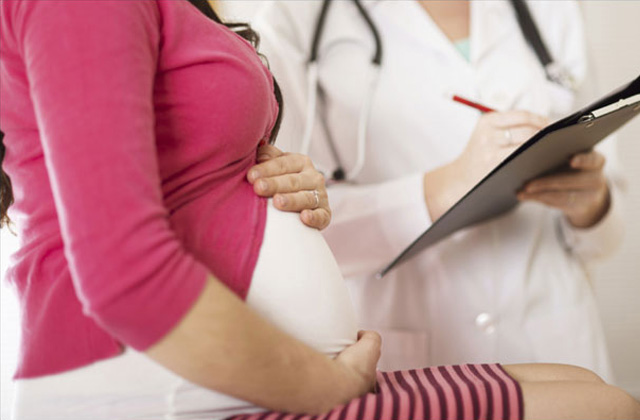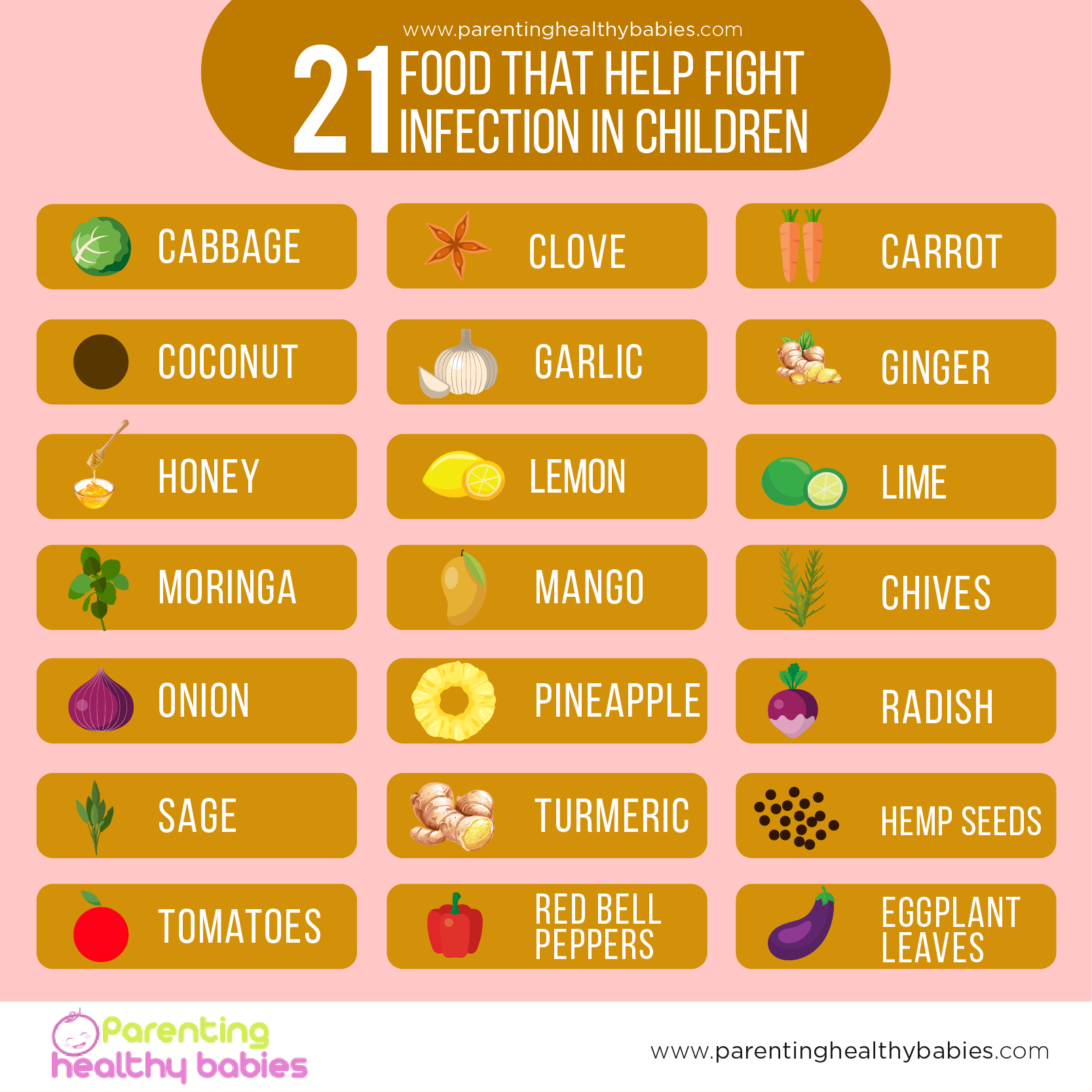Does your child face difficult in his/her speech, vision or hearing? Do you think that your child has been affected with Cerebral Palsy? Do you feel that your child’s symptoms are some of those associated with Cerebral Palsy, like speech disorders, uncontrollable movements, too fluffy or too stiff muscles? Well, we have listed below 11 symptoms of cerebral palsy in teens, in this article. Read below to find more:
Cerebral Palsy in Teens: Symptoms, Causes, Treatment and Diagnosis
Cerebral palsy?
Cerebral palsy is a group of disorders in which the brain and central nervous system of the body are affected, mainly due to an accident or a trauma caused to the brain. This can further affect the learning, hearing or even thinking abilities of your teen. Apart from this, you may notice your teen experiencing certain physical disabilities, for instance, involuntary body movements or sudden seizures.
Read More: Cerebral Palsy Pregnancy: What Causes Cerebral Palsy During Birth?
Symptoms of cerebral palsy In children:
Symptoms of cerebral palsy may differ from one individual to another. also, some teens may have mild symptoms whereas others may have symptoms that are comparatively severe, which can however change with time. Listed below are some of the common symptoms of teens suffering from Cerebral Palsy:
Stiffness of muscles
Variation in muscle tone is one of the most common symptoms of cerebral palsy. For instance, too stiff muscles or too floppy muscles.
Difficulty in swallowing food
This is the inability to swallow foods or liquids. This can cause people to choke on their food or liquid as and when they try to swallow it. this condition may be temporary.
Oral diseases
This can include excessive gagging, lip or tongue biting, malalignment of the upper and lower teeth or keeping food in the mouth for long periods of time.
Read More: Shaken Baby Syndrome: Symptoms, Causes, Diagnosis and Treatment
Urinary incontinence
One in four children suffering from cerebral palsy have issues with bladder control problems. In fact, children with intellectual disability are more at risk of developing this as well.
Problems in vision
If one is suffering from a severe form of cerebral palsy, he/she is more likely to suffer from myopia, dyskinetic strabismus, severe gaze dysfunction, cerebral visual impairment etc.
Difficulty speaking
Certain voice disorders or the way a person creates sounds in order to for words can be considered as speech disorders. Stuttering is one of the most common speech disorders.
Neurological problems
For instance, seizure, blindness or intellectual disabilities that does not enable the brain to develop properly. There can be mild, moderate, severe and profound levels in this case.
Lack of muscle coordination and involuntary movements
This is also called as ataxia which takes place when there is a miscommunication between the brain and other parts of the body. This can lead to unsteady movements.
Mental health conditions
mood wings are one of the most common signs of cerebral in children. This can be an indication of your little one experiencing from pain or frustration.
Read More: Broken Teeth in Children: Causes and Treatment
Intellectual disorders
Your child may face difficulty in moving alone, which means that he will also not be able to participate in other activities that children usually participate.
Problem in hearing
One in twenty-five children with cerebral palsy are deaf. This is nothing uncommon in children suffering from cerebral palsy.
Causes of cerebral palsy in teens:
In such conditions, the amount of oxygen supplied to the brain is comparatively lower than the normal amount. This can cause internal bleeding and even cerebral palsy due to which the child often tends to lose control over his body movements. Over in all, sudden brain damage is the major cause of cerebral palsy in teens. For instance, meeting with a terrible accident or sudden trauma may lead to this condition in teenagers.
Treatment of cerebral palsy in teens:
It is impossible to completely cure cerebral palsy but there are a number of procedures that can be helpful to the affected children:
Physical therapies
Physical therapies will help your teen with flexible body muscles and enhance his body movements.
Medications
Medications such as diazepam, baclofen and dantrolene will help in the reduction of muscle spasticity. Your doctor may prescribe your teen these medicines. However, in order to control the abnormal body movements, anticholinergic drugs may also be of major help.
Speech therapy
In order to treat the speech disorders of your child, your teen may be prescribed by your doctor to undergo speech therapy.
Diagnosis of cerebral palsy in teens:
In case, you feel your child has been affected by cerebral palsy and has been showing any of the following symptoms listed above, the doctor may ask your child to undergo the following medical tests:
Magnetic Resonance Imaging (MRI)
The MRI test will produce 3D mages of the child’s brain with the help of radio waves. This medical test will thus help in determining an internal brain haemorrhage, if any. The test will not take a lot of time and is absolutely painless.
Computerized Tomography (CT)
This medical test will help the doctor to easily detect an abnormality in the cerebrum with the help of cross-sectional images of the brain that are obtained with the incorporated X-rays.
The Cranial Ultrasound
The test will help to generate an image of the brain with the help of high-frequency sound waves. This medical test is comparatively cheaper.
Blood Tests
Your teen may be prescribed some pathological tests by the doctor.
Electroencephalogram (EEG)
This medical test records the electrical activity of the brain and can easily help in bringing out the abnormal pattern of the brain. In case, your teen experiences sudden seizures, he/she may be prescribed an EEG.
Electromyogram (EMG)
An activity of the muscles and the functioning of peripheral nerves are all studied under this test. This test can help with the confirmation of cerebral palsy.
Conclusion:
The symptoms of cerebral palsy in teens are very much dependent on the part of the brain that was affected. Thereby, the severity of the symptoms may also vary from person to person. One may notice these symptoms very much earlier before a child reaches an age of 3 or 4. In fact, there are many children who are born with Cerebral Palsy. Although, Cerebral Palsy cannot be cured completely with proper medications and treatment, your child may overcome a number of problems like that of speech or hearing and be able to prevent certain complications. Remember, early diagnosis of this is imperatively important for a better life of your teen.
Read More: Paxil During Pregnancy: Benefits and Side Effects













